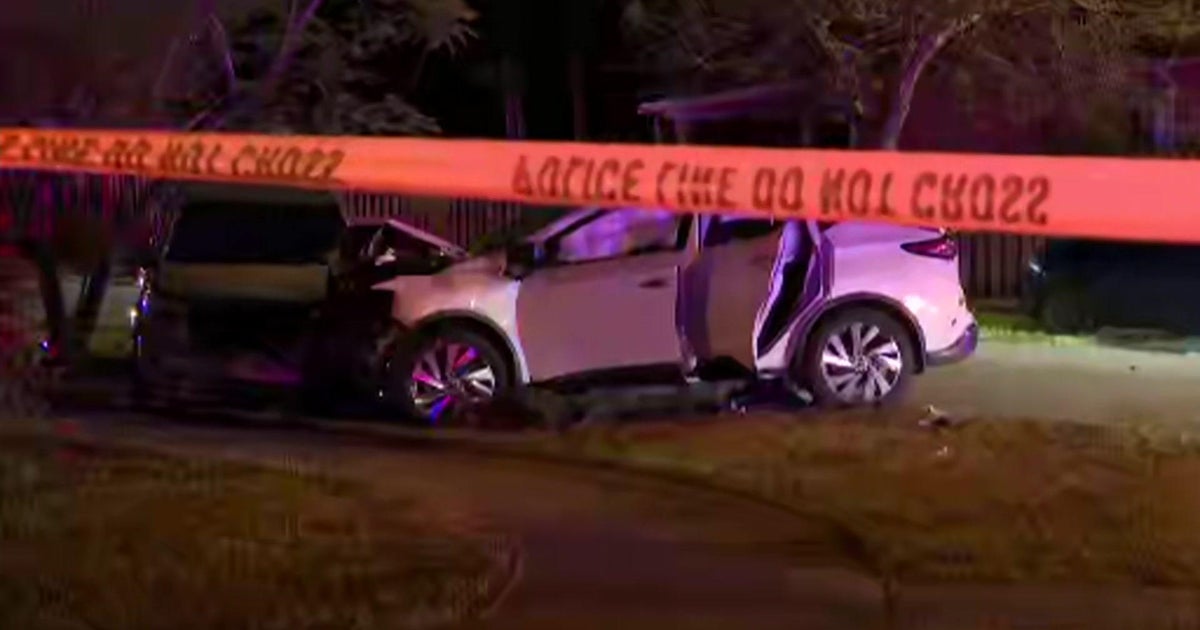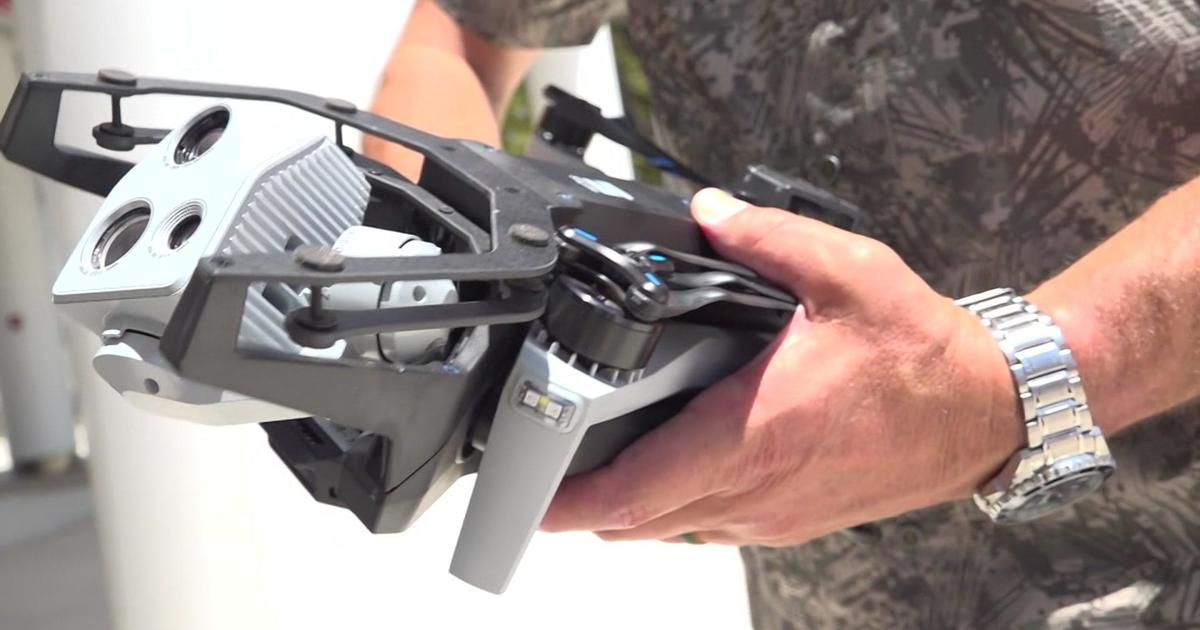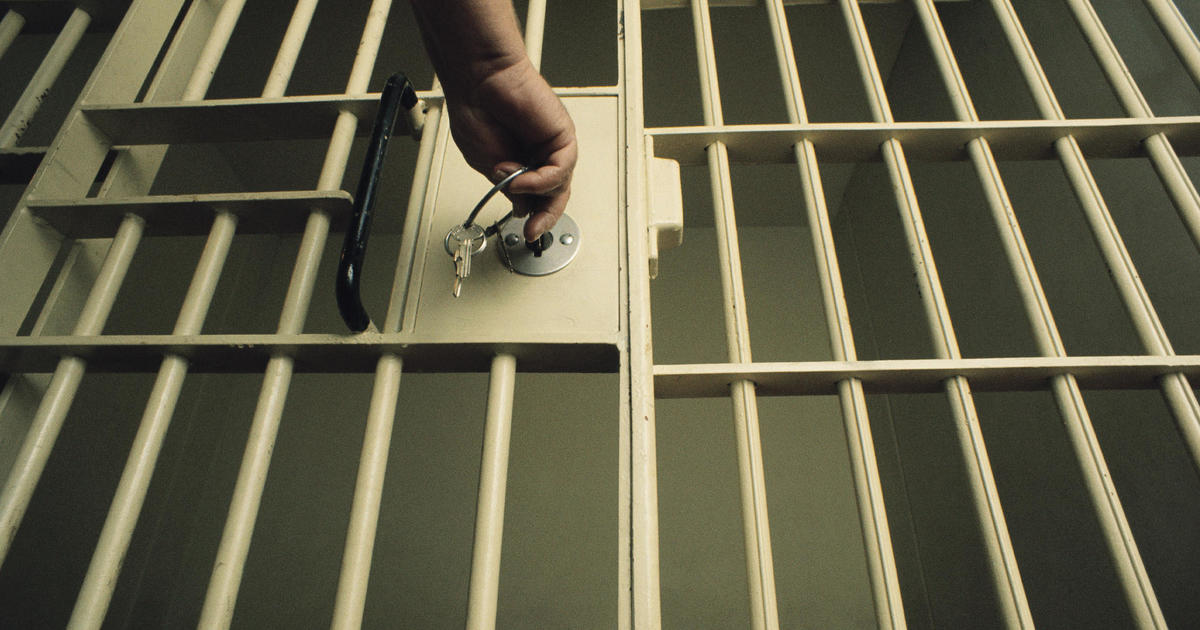There's A Debate On Whats Next In Race Relations For The U.S.
Follow CBSMIAMI.COM: Facebook | Twitter
MIAMI (CBSMiami) -- The news over the last few days has left many Americans, perhaps including you, feeling disturbed and fearful of what's next and there is a debate on the matter.
CBS4's Oralia Ortega decided to speak with a leading civil rights leader in Miami for perspective. T. Willard Fair has experienced first-hand how ugly racism can get. He says there's no need to lose hope.
"What happened in Charlottesville was an unfortunate circumstance because somebody lost their life but I do believe firmly that what happened in Charlottesville is not representative of America," said Fair who is with the Urban League of Greater Miami.
Fair has been the helm of the Urban League of Greater Miami since 1963 when he moved to South Florida fresh out of graduate school.
"When I came here, we couldn't drink out the same water fountain. When I came here, you had to sit in the back of the bus. When I came here, you couldn't live where you wanted to live in accordance with your ability to pay and buy what you wanted," said Fair.
The 78-year-old says although some people believe what happened in Charlottesville shows there's still deep-rooted racism in America, the events there don't compare to the things he's fought against in the past.
"I was not afraid of George Wallace. I was not afraid of Bull Connor. I was not afraid of Lester Maddox when he ran us down the street with an ax handle in Atlanta, Georgia. I'm not concerned about a person. I'm concerned about an attitude and the attitude of America today is not anti-black folks. That's all I'm concerned about," said Fair. "Now some person who wants to do or say something that may be interpreted to be that way, that's their problem…ain't none of mine. I won't get bent out of shape."
Stephen Hunter Johnson, an attorney who serves as the chair of the Miami-Dade Black Affairs Advisory Board and President of the 100 Black Men of South Florida says racism is alive and well in America.
"Charlottesville reminded a lot of people in America that racism still exists in America and for many it was a wakeup call. I think it was frightening for many Americans to see so many people who were united by hatred," said Johnson.
He says the racism seen today is not the same racism seen before the civil rights movement but it still has a deep impact on the black community.
"When we say whether or not there's racism in America, it's not whether or not someone's telling you you have to sit in the back of the bus but it's whether or not you still have to be better, be smarter, be nicer to be seen as less threatening, in order to be treated the way you should have been treated when you walked out the door anyway," said Johnson.
He and Fair disagree on the mark the events in Charlottesville will leave behind.
"People died in the McDuffie riots. Fifty people died in the Rodney King riots. A thousand buildings were destroyed in the Rodney King riots. Only 50 buildings were destroyed in Miami but the key to it is those riots sparked riots all over the country," said Johnson. "I have not seen that reaction to Charlottesville which lets me know that that's a localized blown out of proportion issue."
"Charlottesville is not LA. It's not the Rodney King incident. Charlottesville is not the McDuffie incident. Charlottesville was not a tipping point to black America. Charlottesville I think was a reminder to the rest of America that these hate groups are still here, they're organizing. And they don't just hate black people. They hate black people. They hate brown people. They hate Jewish people," said Johnson.



